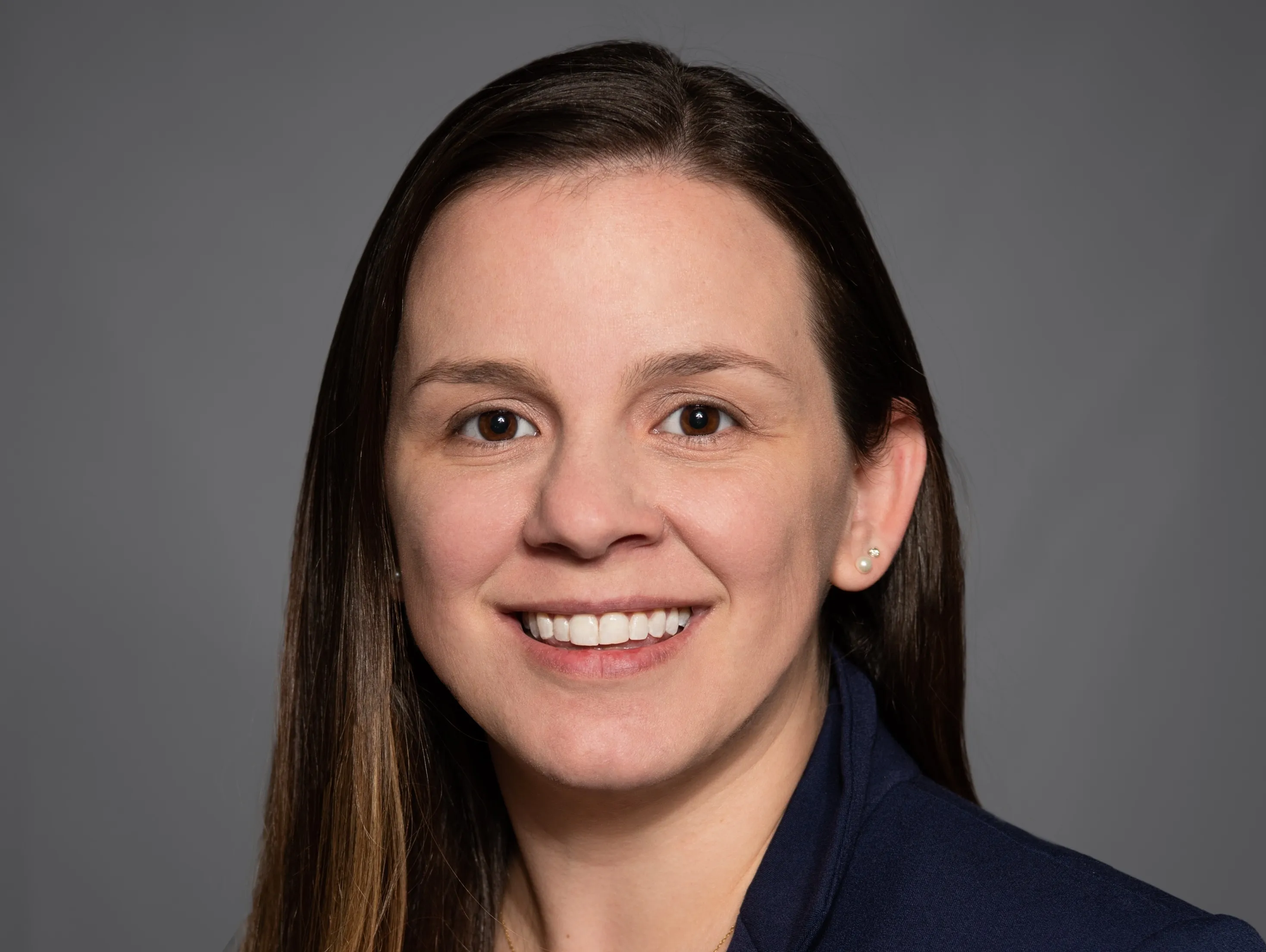The American Academy of Orthopaedic Surgeons (AAOS) and the Orthopaedic Trauma Association (OTA) have announced their members' commitment to end the distracted driving problem in America. This national initiative, made possible, in part, with support from the Auto Alliance, encourages drivers to 'decide to drive' and includes a new multimedia public service advertising (PSA) campaign, interactive Web site, school curriculum, print public service poster contest and materials to help surgeons talk to all thei
May 21, 2012
Read time: 3 mins
The 5639 American Academy of Orthopaedic Surgeons (AAOS) and the 5640 Orthopaedic Trauma Association (OTA) have announced their members' commitment to end the distracted driving problem in America. This national initiative, made possible, in part, with support from the Auto Alliance, encourages drivers to ‘decide to drive’ and includes a new multimedia public service advertising (PSA) campaign, interactive Web site, school curriculum, print public service poster contest and materials to help surgeons talk to all their patients about distracted driving.
According to the U.S. Department of Transportation's834 National Highway Traffic Safety Administration, distracted driving, which includes distractions of all kinds, injures more than a half of a million people each year. Orthopaedic surgeons are the medical doctors who put bones and limbs back together after traumatic injuries, including road crashes. That's why the membership and leaders of these organisations have come together to launch this initiative and urge people to decide to drive each and every time they get behind the wheel.
Survey results reveal how American drivers feel about multitasking, their own behavior behind the wheel as well as the choices of other drivers.
"Drivers need to think about their own choices behind the wheel because the injuries we see and treat are life-changing. Our goal is to get all drivers who are used to 'getting away with it' to learn now – not later the hard way – that it isn't worth it," said Andrew N. Pollak, M.D, president of the OTA.
According to the U.S. Department of Transportation's
Survey results reveal how American drivers feel about multitasking, their own behavior behind the wheel as well as the choices of other drivers.
- Of the more than 1,500 driving-age adults surveyed, none of them reported their own driving as unsafe. In fact, 83 per cent claim to drive safely. And, yet they believe only 10 per cent of other drivers drive ‘safely.’
- Although drivers are aware that distracted driving compromises the ability of others to drive safely, one in five (20 per cent) agree that they are a good enough driver that they can do other things while driving without compromising [their driving ability].
- Among those who self-reported distracted driving behaviours overall, 30-44 year olds seem to be the worst offenders having more likely admitted to eating or drinking, talking on a cell phone or reaching in the back seat of the car while driving.
- Many drivers that have experienced a near-accident due to their own distracted driving behaviour say they will continue the behaviour that caused them to swerve or slam on the breaks to avoid an accident.
- The results showed that 94 per cent of drivers in America believe that distracted driving is a problem in the US and 89 per cent believe it is a problem within their own communities.
"Drivers need to think about their own choices behind the wheel because the injuries we see and treat are life-changing. Our goal is to get all drivers who are used to 'getting away with it' to learn now – not later the hard way – that it isn't worth it," said Andrew N. Pollak, M.D, president of the OTA.









